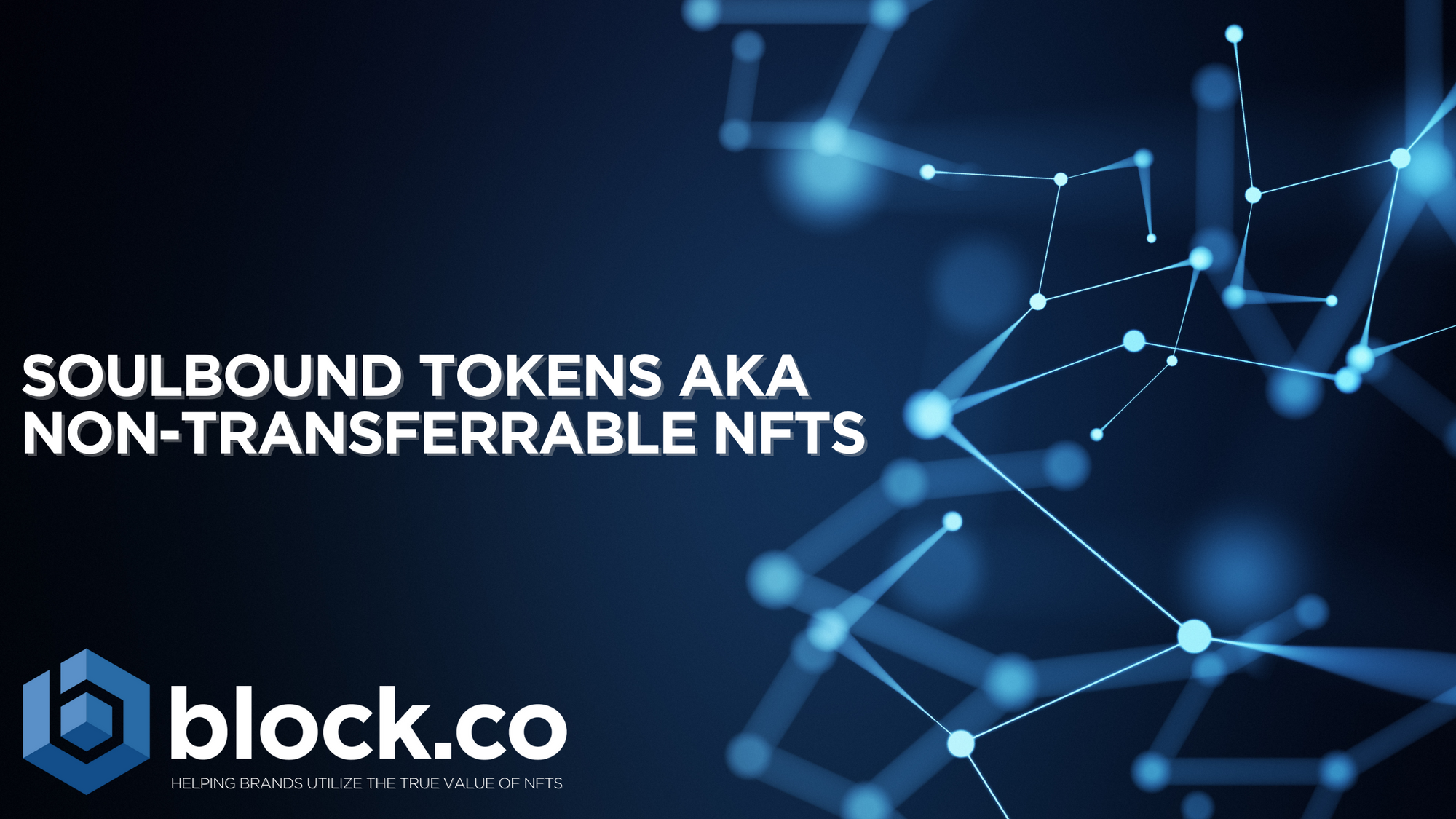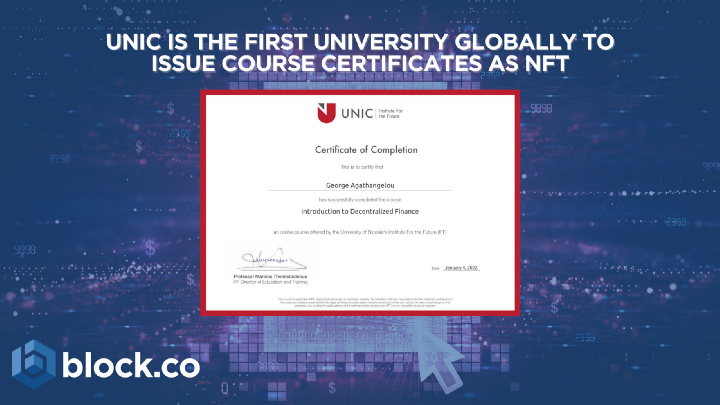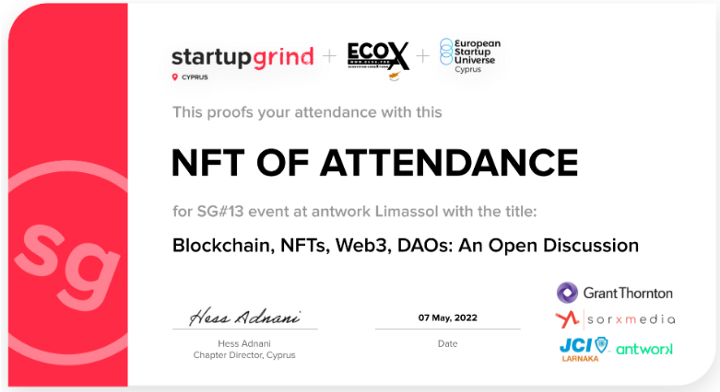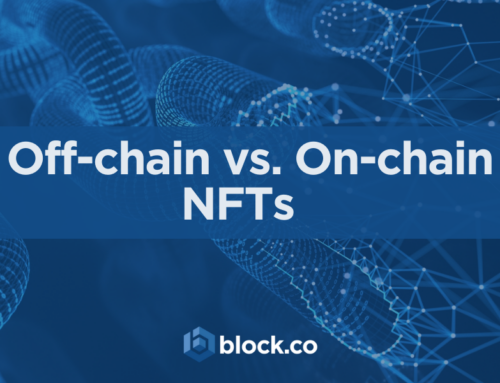Soulbound Tokens AKA Non-Transferrable NFTs

Written by George Agathangelou
On the 11th of May, the crypto community was excited to receive a new paper named “Decentralized Society: Finding Web3’s Soul” written by E. Glen Weyl, Puja Ohlaver and Vitalik Buterin.
As an oversimplified intro, Soulbound Tokens (SBTs) are Non-Fungible Tokens (NFTs) that cannot be transferred to another wallet address once they are received. If you are still early in this space and want to learn more about NFTs, then check our article “NFTs – Beyond the Hype”. These SBTs are meant to be kept in a Soul wallet forever. According to the founder Vitalik Buterin, Soulbound tokens (SBTs) are “the future” of Ethereum.
What are Soulbound Tokens (SBTs)?
In simple terms, SBTs are non-transferable NFTs. There may be a few reasons as to why one would be using a non-transferable NFT, that may create some confusion for people. Having an NFT that is transferable and traded on decentralized marketplaces makes a huge impact on the interest of people, however, there are several notable use cases associated with SBTs, making them particularly interesting.
In the case that these SBTs are lost in any way, by losing the private key associated with the wallet address, then these may be recovered through the community. Recovery methods today, like multi-sig recovery or mnemonics have different tradeoffs in mental overhead, ease in which you may transact, and security. The paper proposes an alternative that relies on a person’s trusted relationships, like a reputational system or a credit score system, making the “Soul” the intersectional vote of its social network. Social recovery also has several drawbacks in security and usability, so to do this, a user curates a set of “guardians” and gives them the power to change the keys of their soul wallet. Guardians may be a mix of individuals, institutions, or other wallets. Unfortunately, there are drawbacks as we mentioned, for example, it could be people falling out with their guardians or the guardians passing away, etc.
What are Soulbound Tokens Use Cases?
There are several use cases for Soulbound tokens (or non-transferable NFTs). For example, it could be a University degree. A university could provide a graduate with a certificate as an SBT NFT. Currently, if a university was to give out a degree as a standard NFT, the graduate would theoretically be able to sell it due to the nature of the technology. On the other hand, if it was a Soulbound token, they would be unable to sell it or transfer it. Interestingly enough, Block.co and the University of Nicosia were the first to issue credentials as non-transferrable NFTs in January 2020, long before the publication of SBTs. At that time, we said that “Student certificates as NFTs, would gradually gain adoption as another method of verifying your academic achievements. We are immensely proud to have been the first platform in the world to issue academic credentials for the University of Nicosia. You can check the NFT credentials on OpenSea by following this link.”

Another use case would be using SBTs as event tickets. Event organizers could verify whether a person attended a conference or event easily as the attendees would have an SBT to prove it. Again, Block.co was a pioneer in using Non-Transferrable NFTs as proof of attendance, while also utilizing Ethereum’s L2 solution, Polygon. You can see a relevant example below and more details on Polygon blockchain explorer: https://polygonscan.com/address/0x8AbE89DB393cD7eCB0cC8aF1E76592164dA7118C
https://polygonscan.com/tx/0xe698923dd9c6b1bd7ef1ef335acec265c55031a83bc249fd6d35e4c34de09226

Another important use case is Souldrops. We mentioned how Souls help entities build reputations, set up provenance, access uncollateralized lending markets, and protect reputation and identity. On the other hand, the converse is also true as SBTs also enable communities to be met at unique intersections of Souls. Souldrops are practically airdrops (who doesn’t just love airdrops 🤑) based on computations over SBTs and other tokens within a Soul. For example, a DAO that wants to engage a community within a particular layer 1 protocol could “souldrop” to attendees who hold 3 out of the last 5 conference attendance SBTs, or other tokens showing attendance like POAPs, just like the example previously mentioned.
When should we expect SBTs?
Vitalik Buterin has noted that Soulbound tokens (SBTs) will be made available for early use by the end of this year, and that the focus for the 2024 up cycle will be around them, kind of like the hype around NFTs we witnessed in 2021. Vitalik and his team call this world a “Decentralized Society” and believe that this is the future of web3, offsetting many issues surrounding fake identities and scammers by having real on-chain credentials as a basis.
In conclusion, the innovation currently happening in the web3 space is not by any means slowing down. We believe that it is imperative for businesses to start developing digital business strategies that use the built-in infrastructure and participants, in this new decentralized society environment, and the best time to get started was yesterday!
If your brand is ready to take the step into web 3.0 and NFT marketing, to optimize engagement with your audience in innovative ways, then click the button below to get your Free Trial, a limited number of Free NFTs, and a Free Consultation call from our team!
Contact Block.co directly or email at enquiries@block.co.
Tel +357 70007828
Get the latest from Block.co, like and follow us on social media:







